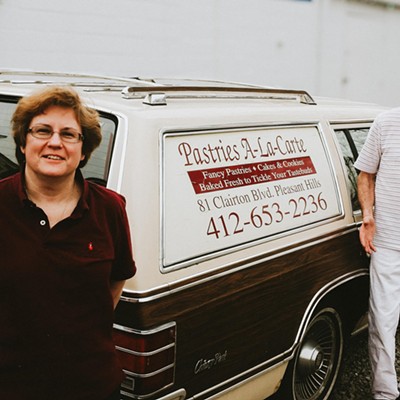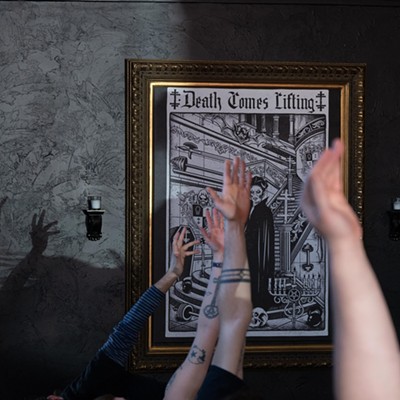
Yesterday, the Health Department reported an increase of 412 new coronavirus cases and three additional deaths. Yesterday's case number broke a record in Allegheny County. Since the beginning of the pandemic, the county has reported nearly 19,000 coronavirus cases and 456 total deaths.
Health Department Director Dr. Debra Bogen said, “Today we face a new challenge, our case numbers are rising very quickly. The rise started in mid-October and has accelerated. The total cases per week has tripled in less than a month.”
Bogen said that during the second week of October, the county had about 550 cases per week and since then, that figure has steadily increased from 750 to 950. On the week ending on Nov. 6, the county had 1,600 a week.
“We are on pace to easily exceed 2,000 cases this week,” Dr. Bogen said.
Bogen stressed national models show that if cases continue to increase, communities will be facing numerous deaths approaching the holidays.
The health officials emphasized that in order to curtail the increase of COVID-19 cases, people need to stop many types of social gatherings — limiting social interactions with friends and family members, especially during the holidays. Parties have been linked to this third wave of COVID cases in Allegheny County.
Allegheny County Executive Rich Fitzgerald said, “We need people to refrain from getting together at parties. We really need young people to step up and serve the community, and a way in which they can do so is by doing all these good things and wearing a mask.”
Moreover, Dr. Donald Whiting, Chief Medical Officer of Allegheny Health Network, stated Pittsburgh’s medical institutions have been preparing for this third wave since March.
“We had an emergency disaster plan then, we’ve continued to refine those along again with my colleagues behind me and around the region,” said Whiting. “We, at this point, have seen an increase in the number of admissions with each peak. The peak in March and April, we had about 30 admissions. In July, we had about 60 and now, we’re about 110 in the third peak.”
Whiting said that though there is an increase in admissions compared to the first and second waves of coronavirus, there are less critically ill people, which means there are fewer people on ventilators.
Dr. Ronald Leckey, Medical Director of Emergency Services at Heritage Valley Health System, shared the same sentiment.
“It’s concerning, we are seeing more admissions to the hospital as well, although they are non-ICU, but there’s more admissions nonetheless,” said Leckey. “We are concerned about the health of our health care workers. Keeping them safe and healthy is prudent, it is important. We need to focus on the health care community in this recent resurgence.”
Additionally, the board of medical professionals addressed the recent Pfizer vaccine developments, saying that they don’t have any solid answers on the pharmaceutical company’s development.
“The vaccine information is a few days old and all we have, collectively, is preliminary information about the total number of doses that will be available in the Commonwealth without really knowing which individual facilities or health care systems, how much they get,'' said Leckey.
The health care systems will continue to work together to prioritize the needs of patients and health care workers in regard to receiving the vaccine when it's available to medical professionals.
“We will, as our consortium of chief medical officers, talk through how it is we can best use this particular intervention. We did that when Remdesivir became available as an antiviral, we did that when there were ventilator concerns,” said Leckey. “It’s one of the real benefits here, to be able to sit down, talk and show some of the resources that the bigger sites might have that other sites might not have. How is it that we can do this all together?”


















